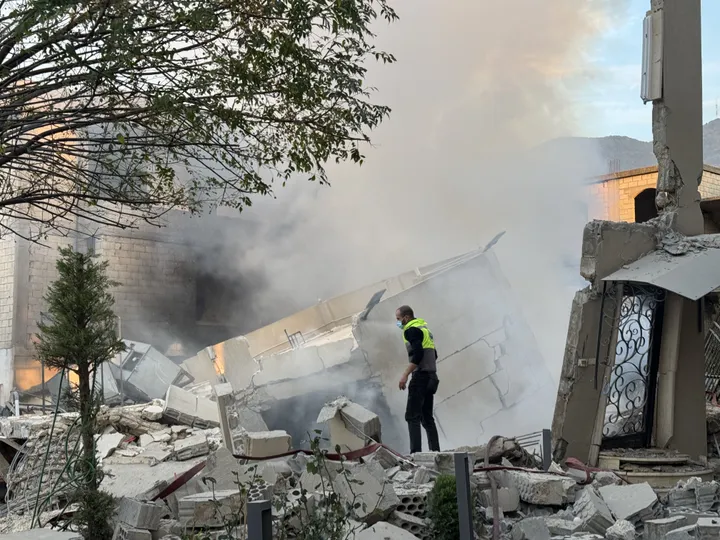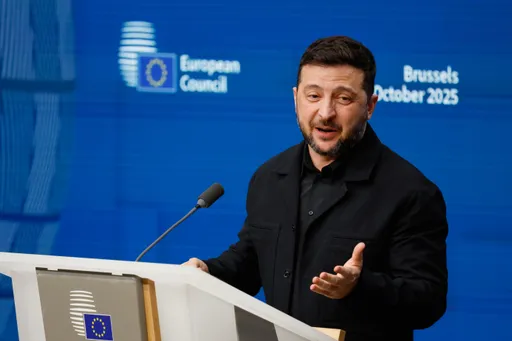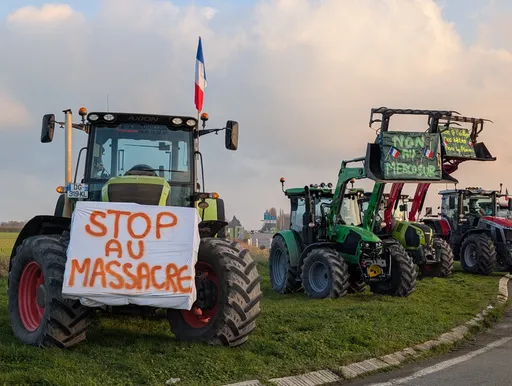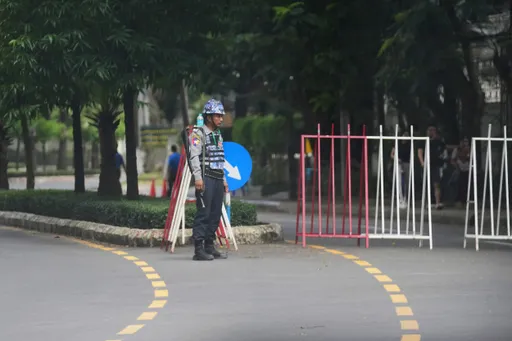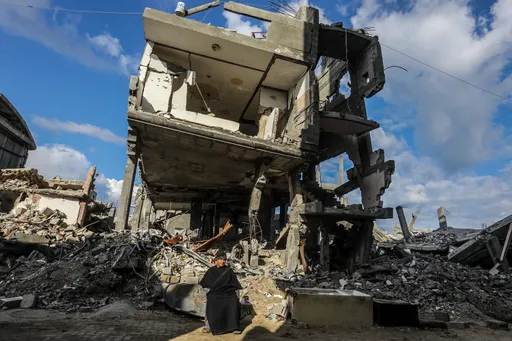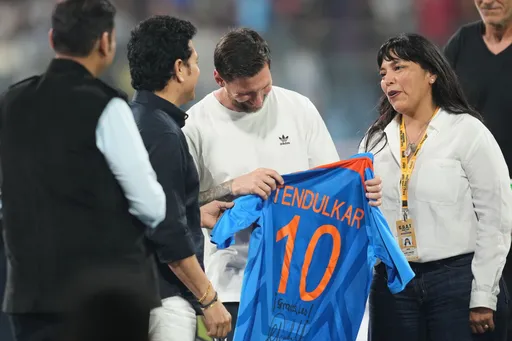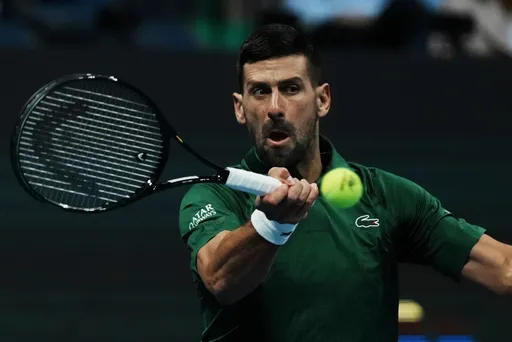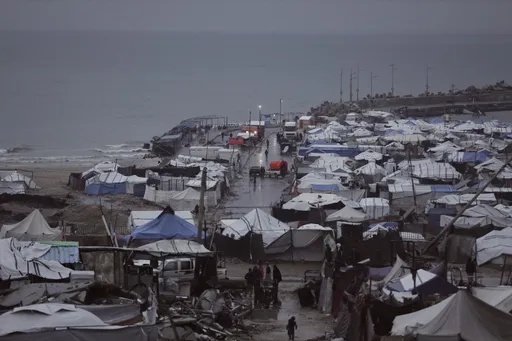The Western world’s conditional reaction to a PKK massacre against Turkish citizens has once again angered the government of Turkey. Thirteen Turkish citizens who were kidnapped and had been kept as hostages by the terror group for several years were found dead during an operation.
"If reports of the death of Turkish civilians at the hands of the PKK, a designated terrorist organization, are confirmed, we condemn this action in the strongest possible terms," said a strongly worded statement from the US, a NATO ally of Turkey.
Washington’s condemnation against the PKK appears conditional, implying that the Biden administration puts the claims of a terror group on equal footing with its NATO ally, Turkey. With the exception of United Kingdom, other European countries have also shown either no reaction or weak responses to the PKK massacre.
But the bloody actions of the PKK are not new to Turkey or the world. Since the 1980s, the PKK has conducted a terror campaign against both Turkish civilians and security personnel, leading to the deaths of tens of thousands of people including children and elderly citizens.
"There is a US statement (on the PKK’s execution of Turkish citizens in northern Iraq), which is farcical. They claim they do not support the PKK (and its extensions). But they definitely back (the PKK) and are on its side," said Turkish President Recep Tayyip Erdogan, in a reaction to the US statement.
Erdogan was referring to Washington’s support to the YPG, the Syrian wing of the PKK, which has been a partner of the US army in its fight against Daesh. Turkey has condemned US backing of the YPG, saying that it amounts to a policy which is creating terror to purge terror.
“Unfortunately, we have seen their support since the beginning. They brought thousands of trucks loaded with ammunition (and weapons) into northern Iraq and delivered them to (PKK) terrorists,” Erdogan said.
On Sunday, the same day, when PKK massacre was announced by the Turkish Defence Minister Hulusi Akar, the US did not halt its transportation of weapons and ammunition to the YPG from northern Iraq, according to Syrian media sources.
Frustrated by continued US support to the PKK, the Turkish president issued a stark warning to Washington to choose a side - with terrorists or Turkey. “If you want us to stay together at NATO and the world stage, you need to act with sincerity toward us. You should not side with terrorists. If you want to side (with a party), you should side with us,” the president said.
The cave massacre, in Gara, a mountainous location close to the Turkish border, has added to a long list of PKK atrocities.
The terror group killed 33 unarmed Turkish soldiers on May 24, 1993 when they were being transported by shuttles to their respective units, after blocking the Elazig-Bingol highway. In the same year, the terror group also brutally massacred 33 villagers in Erzincan’s Basbaglar village. They burned the village after the massacre.
PKK’s ‘revolutionary’ terror
During its decades-long terror campaign, the PKK has killed scores of civilians including teachers, civil servants, district governors and others.
“Every Stalinist group could conduct mass murders. When they do is just a matter of time and location. 13 civilian lives! The PKK violence bleeds,” wrote Aytekin Yilmaz, a former PKK member, whose latest book, the Last Dictator, presents a fierce criticism of the leadership of Abdullah Ocalan, the founder and leader of the PKK, on Twitter.
Yilmaz thinks that the PKK’s Stalinist worldview, which is based on Soviet leader Joseph Stalin’s interpretation of Marxist Leninism, justifies any killing in order to reach the group’s ultimate ideological aims. Stalin was also accused of various mass murders during his presidency, killing millions according to several sources.
“When you put the word ‘revolutionary’ in front of the word violence, it becomes ‘revolutionary violence’ (justifying their killing). There are too many people, waiting for revolution and freedom from this violence,” Yilmaz added, implicating Turkey’s leftist groups.
“PKK’s ‘revolutionary violence’ primarily damages Kurds,” Yilmaz added. The PKK has been active mostly in predominantly Kurdish-populated areas in Turkey, Iraq, Syria and Iran.
Yilmaz also wrote a book titled They were Just Children about the PKK’s child soldiers recruitment. The terror group has recruited 20,000 people under the age of 18 in the last 35 years.
“A military, which forces children to fight, could do any evil act,” he wrote, referring to PKK’s child soldier recruitment.

